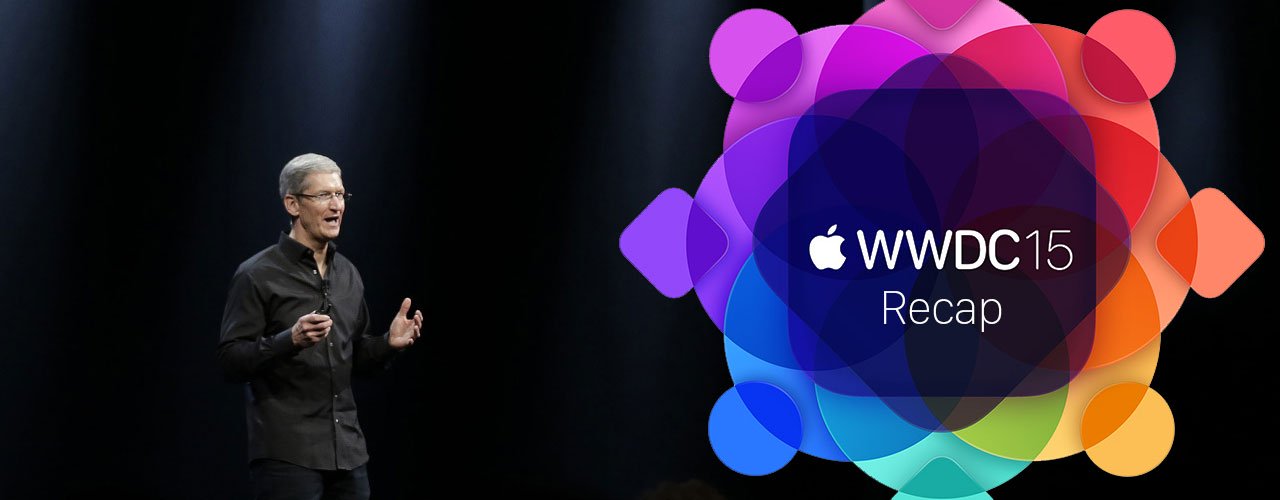Last week, the Google crowd and developers from across the world got together in San Francisco for Google’s largest developer conference of the year, I/O (stands for input/output). For some tech enthusiasts, this is like Christmas — tons of new toys to play with, visions of futuristic sugarplums, and even some altruism/philanthropy thrown in. But even if you’re not a techie, the announcements are interesting because they affect our daily lives (ahem, unlimited photo storage!).
During the conference, Dieter Bohn of the Verge conducted an interview with Sundar Pichai, Senior Vice President of Google. Pichai, who oversees Android, Chrome, and Google Apps, explained his take on the company’s current development goals. “I think of what we are doing in terms of two core things,” he told Bohn. “We really want to solve big problems in users’ lives, and we want to do it at scale…and for everyone. The second thing is that we want to organize users’ information.”
So without further ado, here’s a list of our favorite announcements from I/O 2015.
5. “The Next Billion” and Offline Access
Bohn and Pichai discussed what people are calling The Next Billion — Google’s mission to bring on another billion Android users. According to Pichai, this means bringing the Internet, computers, and useful technology to more users across the globe. Google sees technology as a way for all humans to connect and overcome their circumstances, and with various philanthropic projects and affordable Chromebooks and other devices, they have been pretty consistent in their mission to increase accessibility to any disadvantaged and location-challenged users. Currently, development teams are working to use the Android interface to allow users to search locally and use some apps offline.
“The thing that attracted me to Google and to Internet in general is that it’s a great equalizer,” says Pichai. “I’ve always been struck by the fact that Google Search works the same…if you are a rural kid anywhere or if you are a professor at Stanford or Harvard.”
4. Android M
Pichai added that users are “deluged” with information that comes to them via our devices, an assertion that is hard to argue with. We have tons of information available now through our various devices, but doesn’t it sometimes feel like almost too much? To help us stay organized and get the most out of our technology, Google is looking to drastically improve the intuitiveness of the devices we use every day.
Google’s newest Android update will work toward this goal. Android M will be similar to Lollipop, but they’re adding a cool new feature called Now on Tap. With Now on Tap, the update for Google Now, your mobile device will recognize that you’re in a certain geographic location, store, or venue, and suggest tools it thinks you might need.
For example, writes Chris Welch of the Verge, if you’re texting with a friend about dinner reservations, you can pull up restaurant ratings for the area you’re in at the click of a button. You can also easily search in-app, get quick definitions for words, and research things like books and movies just by pulling up an info card when you click on a title in an email or text.
3. Android Pay
The newest version of Google Wallet, Android Pay, will take tedious extra steps out of purchasing items with your phone. Whereas with Google Wallet, a user needs to pull up the app and complete the purchase on his or her phone, all an Android Pay user needs to do is tap the phone on a connected register or card machine, says Gizmodo’s Sean Hollister. Google Wallet will continue as a peer-to-peer and online payment system.
2. Project Brillo & Google Weave
Ever heard of the Internet of Things? It’s the idea that many objects in our lives can and should be “smart” for improved functionality. To help developers across the world build more and more of these Internet-capable products, Google has introduced Project Brillo, a build platform. It’s Android-esque, but much more basic so that different kinds of hardware can be easily integrated. Google Weave will be the development language within this system.
1. Google Photos
And finally, the announcement most users will appreciate: unlimited photo storage! Via the new Google Photos app for iOS and Android, you can now privately and securely store unlimited photos, share them with friends and family, and even create customized scrapbooks and photo albums. The app also recognizes when you’re close to hitting the storage limit on your device and automatically stores your photos for uninterrupted selfie taking.
Want more on Google’s I/O conference? There is so much more information! Almost too much. We recommend checking out this list of I/O announcements from the Verge, one of our favorite sources for tech news.

Logical Position, an Inc. 500 digital agency supporting 5,000+ clients across North America. LP is the proud recipient of Google’s Lead Generation Premier Partner of the Year and Microsoft's Global Channel Partner of the Year 2024! The award-winning agency offers full-service PPC management, SEO, Paid Social, Amazon and Creative Services for businesses large and small. As a Google Premier Partner, Microsoft Elite Partner & Meta Business Partner, LP is in the top 1% of ad spend managed across platforms.


